Voting Jewishly: I’m Voting for McCain
Permanent link
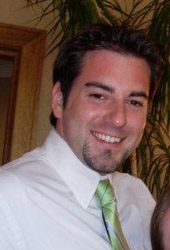
Mike Bregman, patching together his own political quilt
I have spent most of my political life on the fence, being pulled in various directions by teachers, friends and family. In high school, I worked on a campaign to nominate my local Democratic state representative for Governor. I was also part of a conservative group that supported a Republican candidate for the U.S. House of Representatives. Having grown up in north suburban Chicago - which felt like a liberal haven - I seek to patch together my own political quilt, consistent with my upbringing, experiences and values.
I know that America is the land of the free – a country my grandparents longed for as they languished in the Jewish ghetto of Shanghai, China for nearly 10 years during and after World War II. But I also know that our playing field is not level. Our vast opportunities are but a farce if all may not partake. I have been given opportunities to succeed and am doing my best to make good on them, hoping to one day be able to enjoy the success I have earned as I please. My political conscience is plagued by innate dichotomies. It is no wonder I have gravitated toward the candidate who I feel is closest to the middle of the political spectrum. Regardless of just how close he comes to that middle, I believe John McCain clearly edges out Barack Obama in mirroring my personal beliefs in hard work, responsibility and freedom.
To say this election season has been a downright disappointment would be an understatement. I think that both political campaigns, as well as every single television news outlet, have engaged in low-brow tactics and partisan-filtered political spin. So as voters, we must sift through the issues to choose one candidate over another based on our own values and experiences. Some of the issues that matter to me are the economy, Israel and bipartisanship.
The Economy:
My dad is a modest small-business owner. He worked hard every day in order to support us, all the while managing to be an attentive, loving and involved parent. My first grade teacher, who we will call Mrs. F., may have been the meanest woman ever to grace an elementary school classroom. One day, as I sat crying at my little desk with my head buried in my arms, Mrs. F. scolded me not to “get tears on my assignment.” Every week without fail, I would try to convince my mom to let me stay home from school so I would not have to face Mrs. F. More often than I like to admit, my mom would take me to the doctor based on my less-than-truthful claims of a sore throat or an earache. My parents paid for every penny of our health insurance out of their own pockets, including every Mrs. F.-induced throat culture. They have set an inspiring example of hard work, responsibility and sacrifice that guides me today as I work full-time and attend law school classes at night. While I believe in helping those who cannot help themselves, we should be wary of any politician, Democrat or Republican, who says we need to exploit one group of Americans for the supposed benefit of another group.
Examination of each candidate’s economic proposals reveals adherence to standard liberal and, with regard to McCain, some conservative approaches to the economy. According to The Tax Foundation, a nonpartisan research group, Obama’s and McCain’s tax plans would leave 44% and 43% of tax-filers, respectively, with no income tax liability at all. McCain intends to implement a $5,000 health care credit for people to purchase their own health insurance. But Obama plans to stick 5% of Americans with the highest ever tax increase and enact a long list of income transfers from taxpayers to non-taxpayers as tax credits. I am no die-hard fan of trickle-down economics. Nor am I an economics expert, but in my view, it seems that increasing taxes on small and large businesses, a very significant 5% of American taxpayers who help drive our economy, will discourage industry and result in fewer jobs, hurling us further into an economic crisis. The Obama premise that wealthy Americans can afford to “spare a little,” as he said in the last debate, is a dangerous, slippery slope. I agree with John McCain; America did not become a great country by transferring or distributing wealth. We became great by creating new wealth. America is a prosperous nation because of our work ethic and our freedoms.
Israel:
As a young Hebrew school student at a Conservative synagogue, I was instilled with a reverence for the Jewish state, including its significance in our faith and among our people following the Holocaust. My grandfather was a young man when he was faced with a choice: remain in Germany and face near-certain death or leave his home by taking, literally, a slow boat to China. After spending three nights hiding in the Berlin Zoo, he made his choice. In Shanghai he met my Austrian grandmother, whose father, a well-decorated and esteemed veteran of the First World War, had been beaten and driven away from his home and business on Kristallnacht. His country had spurned him and his service. Their chances in Shanghai were better, but the situation was also dangerous. My grandmother shared countless stories of the illness and poor living conditions that they suffered for almost 10 years before they had a chance to come to America. For many Jews, in their own stories of survival, the land of Israel substitutes for Shanghai. Although I plan to go on a Birthright trip, I have not yet been to Israel. Nonetheless, I understand the increasing importance of the State of Israel as a safe-haven for Jews around the world.
As a Jewish voter, I believe there is no more uncompromising supporter of Israel than John McCain. He understands the gravity of Islamic extremists determined to destroy the lone democratic state in a very hostile region. We know where he stands on the issue. Throughout the campaign, Obama has gone back and forth on statements regarding the specifics of his support for Israel. Obama says that Israel has a right to defend itself one day, and then says Israelis should allow for policies that would leave Israel unable to defend itself the next. In an interview with the Jerusalem Post on July 24, 2008, Obama said, “Look, I think that both sides on this equation are going to have to make some calculations. Israel may seek ‘67-plus’ and justify it in terms of the buffer that they need for security purposes. They've got to consider whether getting that buffer is worth the antagonism of the other party.” Without a security buffer in the West Bank, it is not difficult for one to expect Hamas to take over the West Bank as quickly as it seized Gaza, creating nearly indefensible borders. In my view, Obama does not seem to grasp the magnitude of “antagonism” of which he speaks, which could likely resemble the endless rocket attacks from Gaza or worse. The stakes are too high to gamble on what I believe is a misguided and naïve understanding of the reality Israel faces.
Bipartisanship:
Many voters are quick to embrace Obama and his staunchly liberal views because of the arguably unsuccessful Bush presidency. Obama was rated the most liberal legislator in the Senate for 2007 by the independent National Journal. It is not good enough that Obama excuses his ultra-orthodox voting record by insisting that he was simply opposing Bush’s policies. The sooner that voters realize the best answers to our problems lie toward the middle of the political spectrum, the better off we will be.
McCain has a long history of breaking with his party and the president to enact major legislation on a number of issues. As a second-year law student, I have the opportunity to study the legislative process in depth. In my opinion, if our Congress consists of senators and representatives who vote like Obama, voters will continue to be let down. Moderates from both parties must be able to work together in order to pass legislation and address pressing issues that face all Americans. As a testament to his willingness to go against his own party, in the final presidential debate Obama cited his support for a tort reform initiative. As admirable as that is, I do not believe that curbing frivolous lawsuits is a significant priority for a vast majority of Americans.
The Obama campaign and highly partisan Democrats try to spin McCain into a Bush clone. Given Bush’s abysmal popularity ratings, it would be foolish not to employ such a strategy. But from my standpoint as an independent thinker, the choice is clear. I think that what I consider Obama’s thinly veiled adherence to hard-Left ideology rings more of the party-first Bush administration than some voters realize.
My belief that John McCain leans toward the center of the political spectrum leads to my hope that Americans will not choose to substitute one extreme for another in the face of hard times.


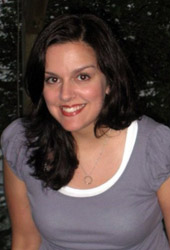
.jpg)
[1]half.jpg)
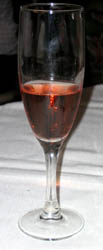
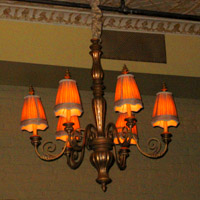
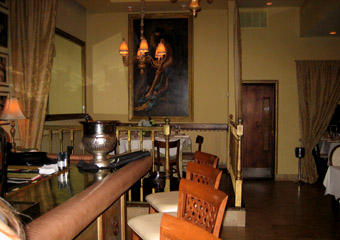
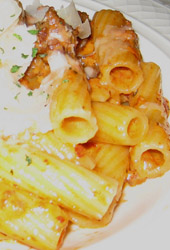
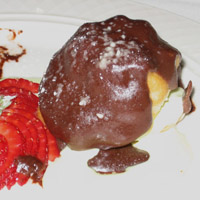
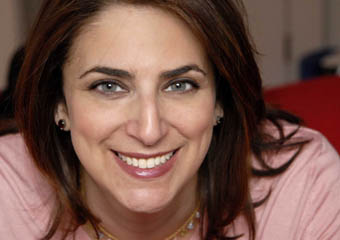
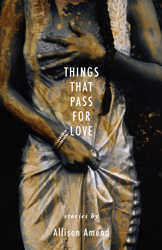
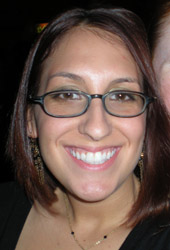
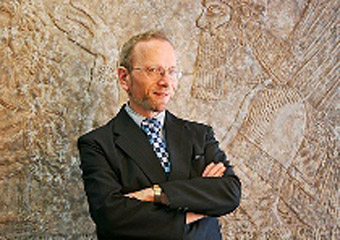

.jpg)



